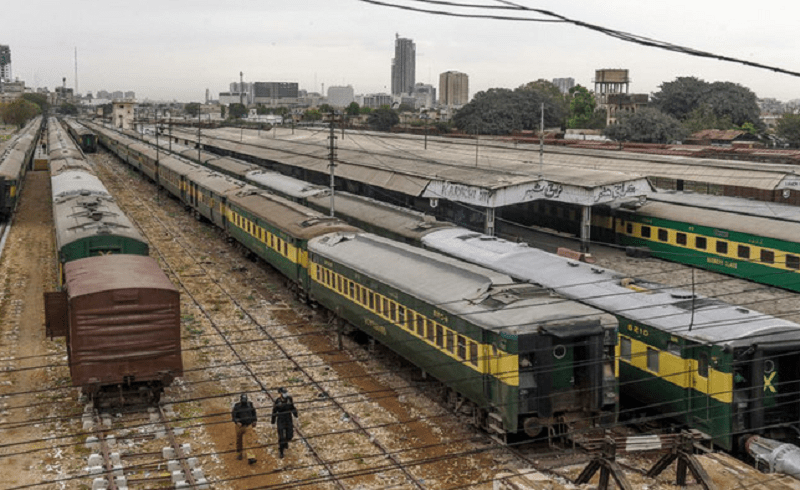During the sidelines of the Doha-III conference, a significant quadrilateral meeting was held involving Pakistan, Afghanistan, Uzbekistan, and Qatar. The focus of this gathering was to discuss and review the progress of the Trans-Afghan Railway project. This ambitious initiative aims to establish a railway network that will connect Uzbekistan and Pakistan through Afghanistan, effectively bridging South and Central Asia.
The meeting underscored the strategic importance of enhancing regional connectivity through infrastructure development. By linking these countries via a railway network, the project promises to facilitate smoother movement of goods and people across the region. This connectivity is expected to bolster economic cooperation and trade opportunities among the participating nations.
Pakistan and Afghanistan, being key stakeholders in this project, emphasized the potential socio-economic benefits that the railway would bring to their respective regions. The railway line is envisioned to not only stimulate trade but also promote cultural exchange and regional stability.
Uzbekistan’s involvement highlights its commitment to regional integration and economic diversification. The country sees the Trans-Afghan Railway as a crucial component in strengthening ties with its neighboring nations and expanding its trade routes.
Qatar’s participation in the meeting signals its interest in supporting infrastructure projects that foster connectivity and economic development across Asia. As a facilitator, Qatar aims to leverage its strategic position to promote sustainable growth and stability in the region.
Overall, the quadrilateral meeting at Doha-III provided a platform for constructive dialogue and collaboration among Pakistan, Afghanistan, Uzbekistan, and Qatar. The participants reiterated their commitment to advancing the Trans-Afghan Railway project as a transformative initiative that will contribute to the prosperity and integration of South and Central Asia.
This gathering not only highlights the importance of regional cooperation but also underscores the potential of infrastructure projects to create new economic opportunities and strengthen diplomatic ties in the broader Asian continent.

















